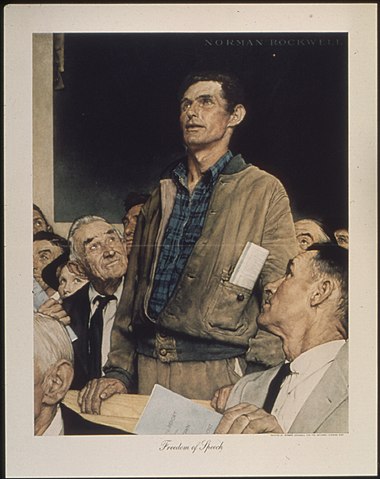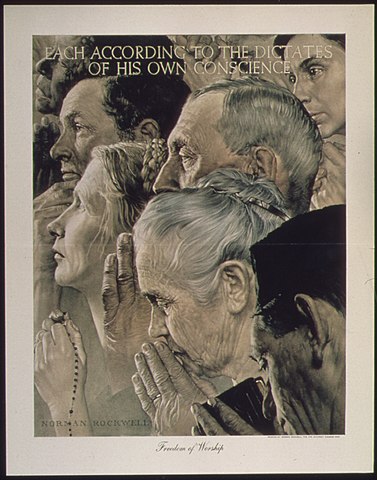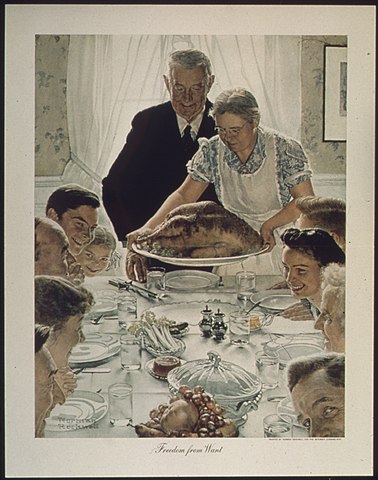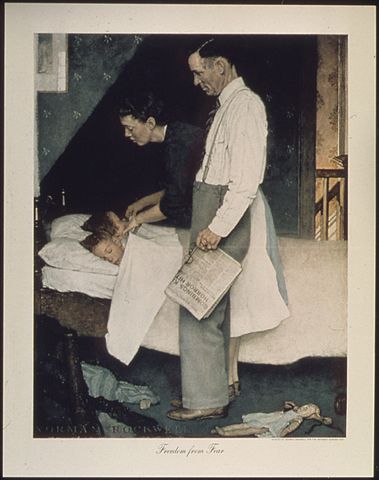And, should you ask: And what is that? I do quote:
Established in June 2020, the Thalia Potamianos Annual Lectures Series seeks to create a stimulating environment to draw the academic community and the public to the Gennadius Library of the American School of Classical Studies at Athens. Every year, a highly distinguished, internationally renowned scholar is selected to conduct research and develop programs on a topic relevant to the Gennadius Library. The research will culminate in a minimum of three annual public lectures, which will be delivered in Athens and the United States.
This program is being made possible by a generous grant from Gennadius Library Overseer Phokion Potamianos. Mr. Potamianos named the series in memory of his grandmother, a distinguished Greek biochemist, scientist, and philanthropist.
American School of Classical Studies at Athens
And, of particular interest to me, is that the current presenter is Dr. Emily Wilson. As per the schedule below, the first lecture was held in October in Athens, and the next two are in the US next year. (Of course, very timely considering Emily Wilson’s new Iliad translation!)
LECTURE SCHEDULE
2023–2024 Schedule for The Myth, Magic, and Mystery of the Ancient Greeks
Lecture I: The Vulnerability of Heroism
Tuesday, October 3, 2023 – ATHENS, GREECE
7:00 p.m. EEST (Greece) / 12:00 p.m. EDT (US)
Cotsen Hall, Anapiron Polemou 9
Lecture II: Destiny, Tradition, Choice
Wednesday, January 24, 2024 – GEORGETOWN UNIVERSITY (Washington, DC)
6:00 p.m. EST (US)
Gaston Hall, located inside the Healy Hall Building, 37th & O Streets, NW
Lecture III: The Wisdom of Stories
Wednesday, May 8, 2024 – NEW YORK CITY
6:00 p.m. EDT (US)
St. Bartholomew’s Church, 352 Park Avenue (between 50th & 51st Streets)
I embed here a video of the first lecture; and I will so do again with the remaining of the series – and in a more timely fashion.
Update: January 27 – Well, the first lecture has disappeared so herewith the second – though it may also have a limited life!
Update: February 2 2024 – Ditto the above! Time zone disparity didn’t allow for a live watching of the second lecture, and so I belatedly began to look at it a couple of days ago, only to get distracted and now the second lecture is also gone!
Update: May 21 – Gladly managed to watch the final lecture delivered in NYC last week (just in time!). From what I saw at least, these lectures were for a much more learned audience, but even a lay person/aged fan-girl such as I could garner rewards – and especially in this last one which focused on narrative and story-building. The juxtaposition of Pandora (from Hesiod) and Helen (from Homer); the former presented as a passive participant in her own story and the latter speaking in her own voice.
I don’t know why these recordings had such a ‘limited release’; should they return I will embed them again – but I fear not. Schade! I do wonder whether Dr. Wilson is not looking towards publication. I have noticed of late that very many lecture series are ending up in book form. That’s okay … I guess!




